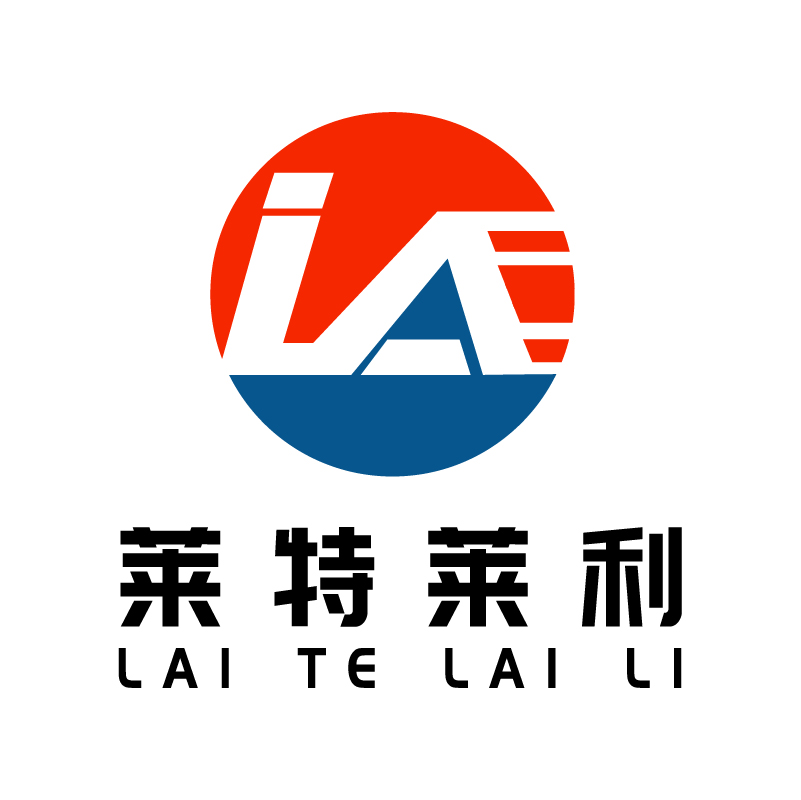What are the safety standards for reinforced all-resin carbon strips in the food industry?
In the food industry, the safety standard for enhanced all-resin carbon tape mainly relates to the safety performance requirements of food contact materials, although the all-resin carbon tape itself is not directly used in food packaging or contact food, but in some cases, such as printing for food packaging labels or traceability systems, its safety is also particularly important. The following are some criteria or considerations that may apply to enhancing the safety of all-resin carbon strips:
1. Food contact materials related standards
The application of all-resin carbon tape in the food industry, if it involves indirect contact with food (such as labels on food packaging), needs to meet the relevant standards for food contact materials. These standards are usually developed by national or regional food safety regulators, such as the National Health Commission in China and the FDA in the United States. These standards will specify the migration limits of hazardous substances in food contact materials, the safety requirements of raw materials, and the sanitary conditions of production processes.
For example, on September 6, 2024, China officially implemented GB 4806.7-2023, the National Standard for Food Safety, Plastic Materials and Products for Food Contact. The standard will be GB 4806.6-2016 "Food safety National standard for food contact plastic resin" and GB 4806.7-2016 "Food safety National standard for food contact plastic materials and products" two standards and a number of announcements merged and revised, put forward more stringent safety requirements for food contact plastic materials and products. Although the standard is mainly for plastic materials, the production and use of all-resin carbon strips as materials that may come into indirect contact with food should also follow similar safety principles.
2. Restriction of migration of chemical substances
Resins, additives and other chemicals that may be used in the production process need to be ensured that they will not migrate into food when in indirect contact with food, or the amount of migration is within the safety limit. This requires manufacturers of all-resin carbon strips to strictly control the quality of raw materials to ensure that there are no harmful substances or the content of harmful substances is very low.
3. Production process and sanitary conditions
The production process and sanitary conditions of all-resin carbon strip are also important factors affecting its safety. The production process should strictly comply with health norms, avoid cross contamination, and ensure the cleanliness and health quality of the product. At the same time, the production environment should also meet the requirements of relevant standards, such as air cleanliness, temperature and humidity control.
4. Labels and logos
The application of all-resin carbon strips in the food industry may require special labeling and identification to indicate that they meet the safety requirements of food contact materials. These labels and signs shall be clear, accurate, and comply with relevant regulations and standards.
5. Third-party certification and testing
In order to verify the safety of all-resin carbon strips, manufacturers may need to be tested and certified by third-party certification and testing organizations. These institutions will conduct a comprehensive safety assessment of the all-resin carbon strip, including chemical migration testing, production process audits, etc., to ensure that the product meets the requirements of relevant standards and regulations.
In summary, the safety standards for enhanced all-resin carbon strips in the food industry involve several aspects, including compliance with the relevant standards for food contact materials, control of chemical migration restrictions, ensuring compliance with production processes and sanitary conditions, providing clear labels and labeling, and passing third-party certification and testing. Together, these measures constitute an important barrier to ensure the safe application of all-resin carbon strips in the food industry.



